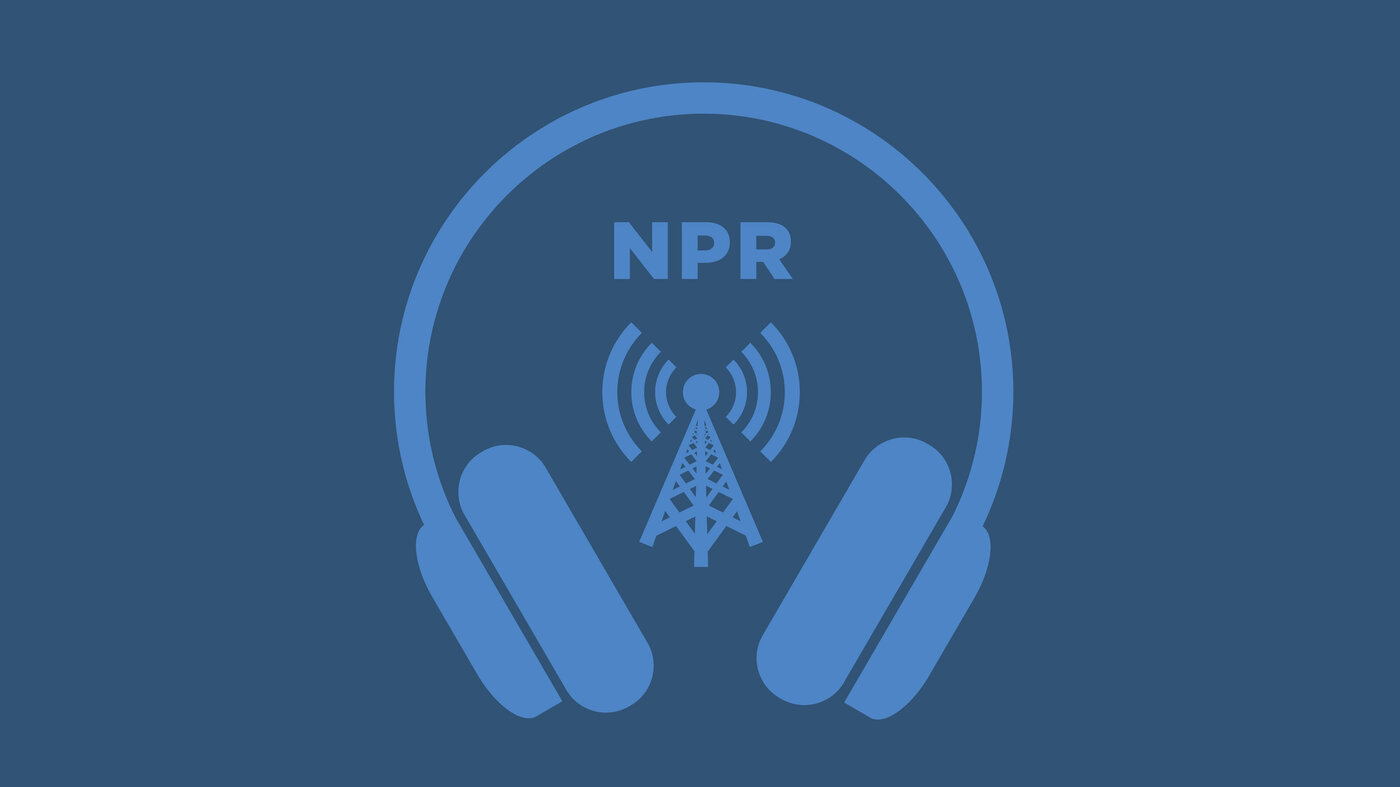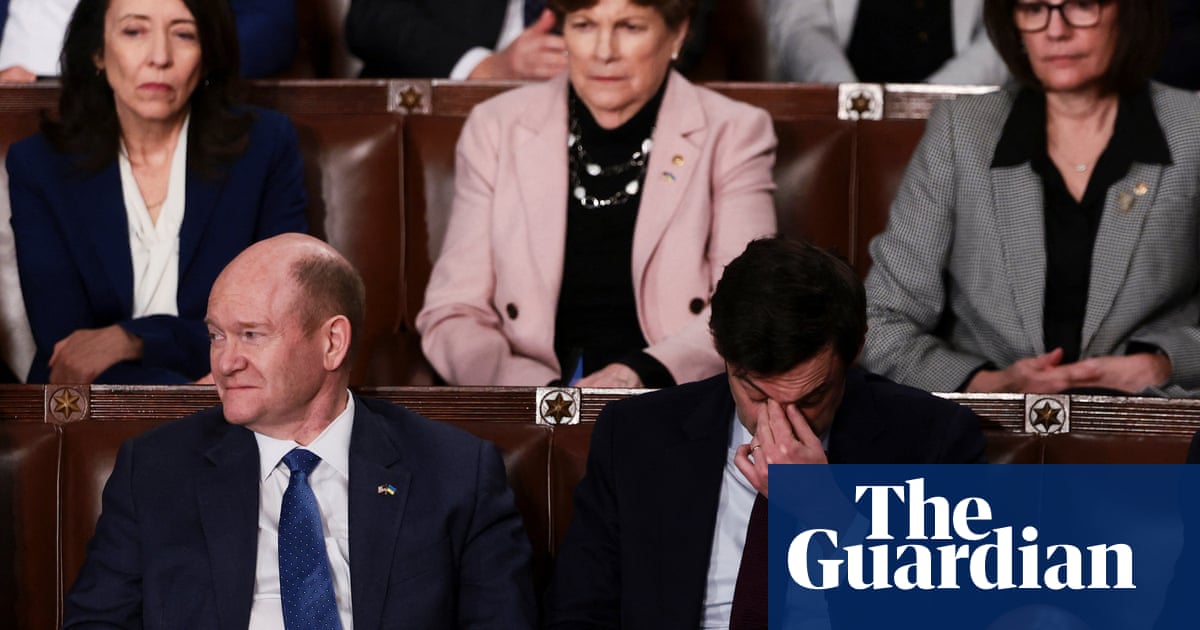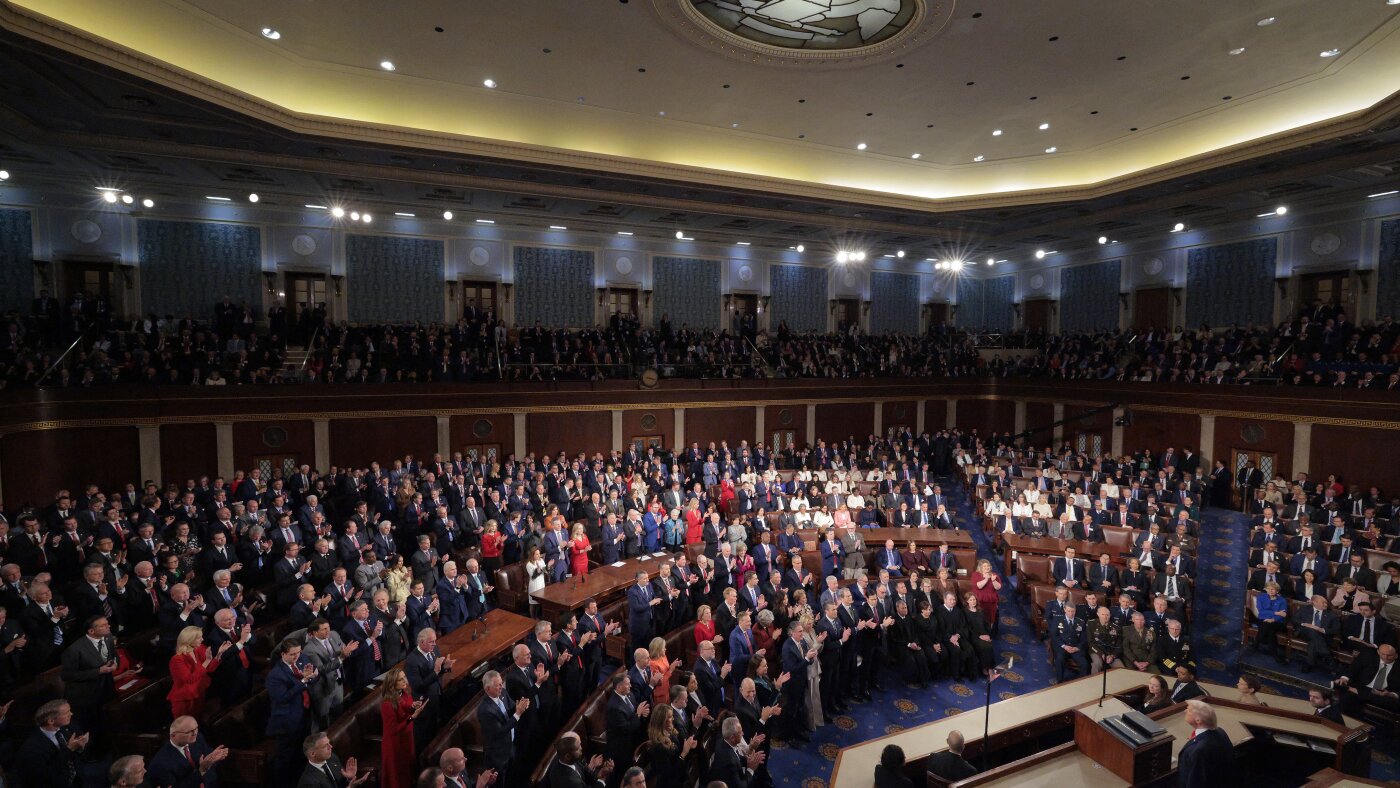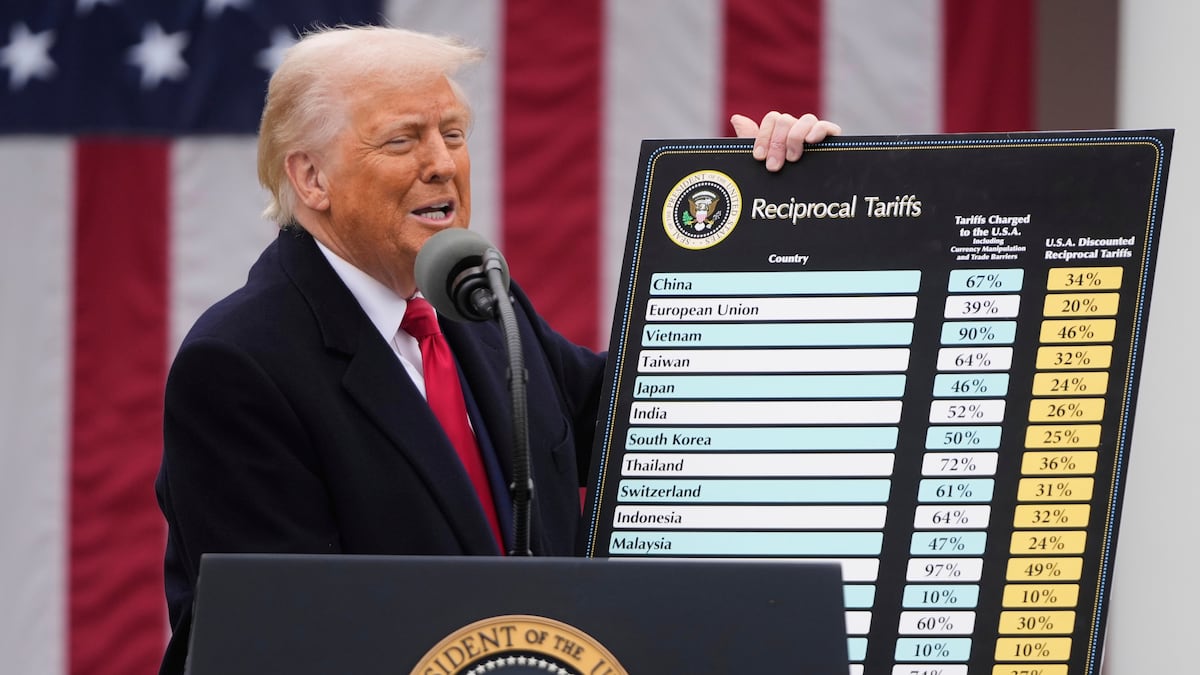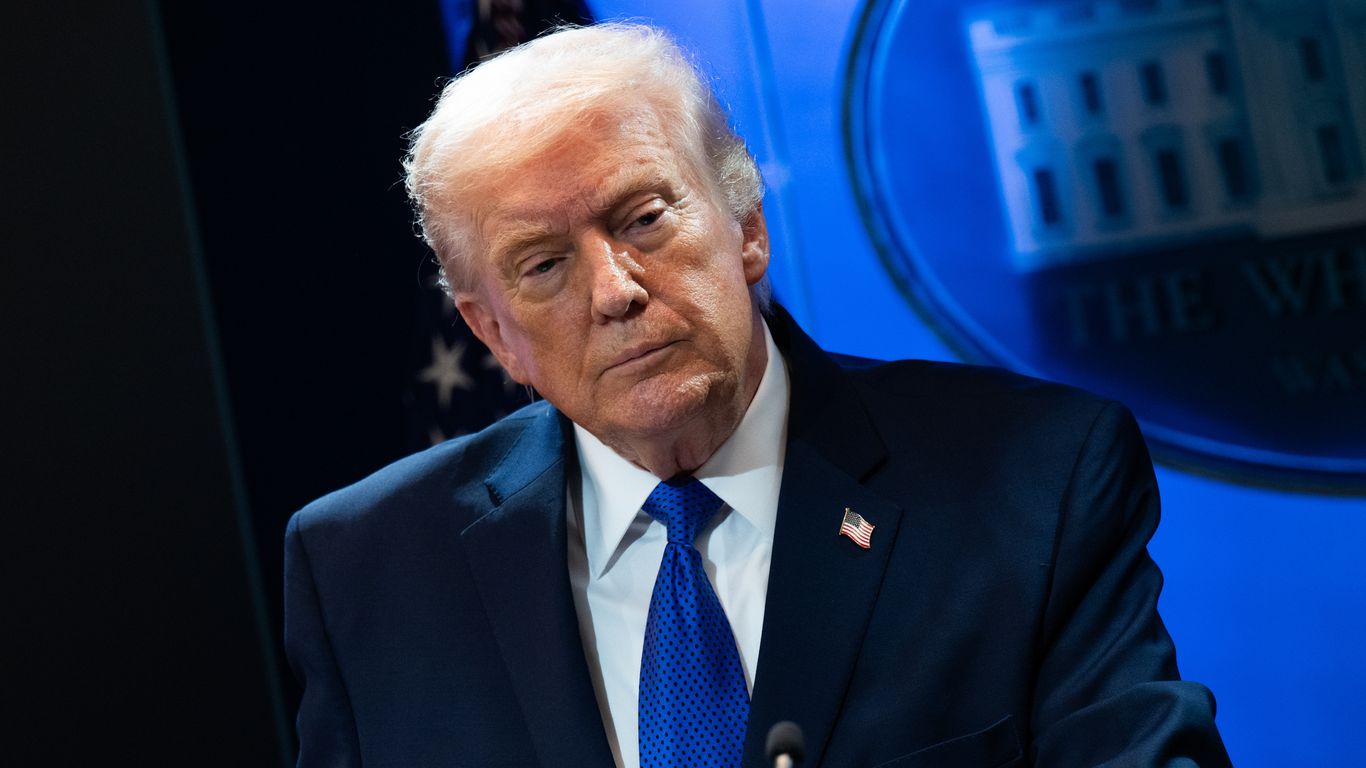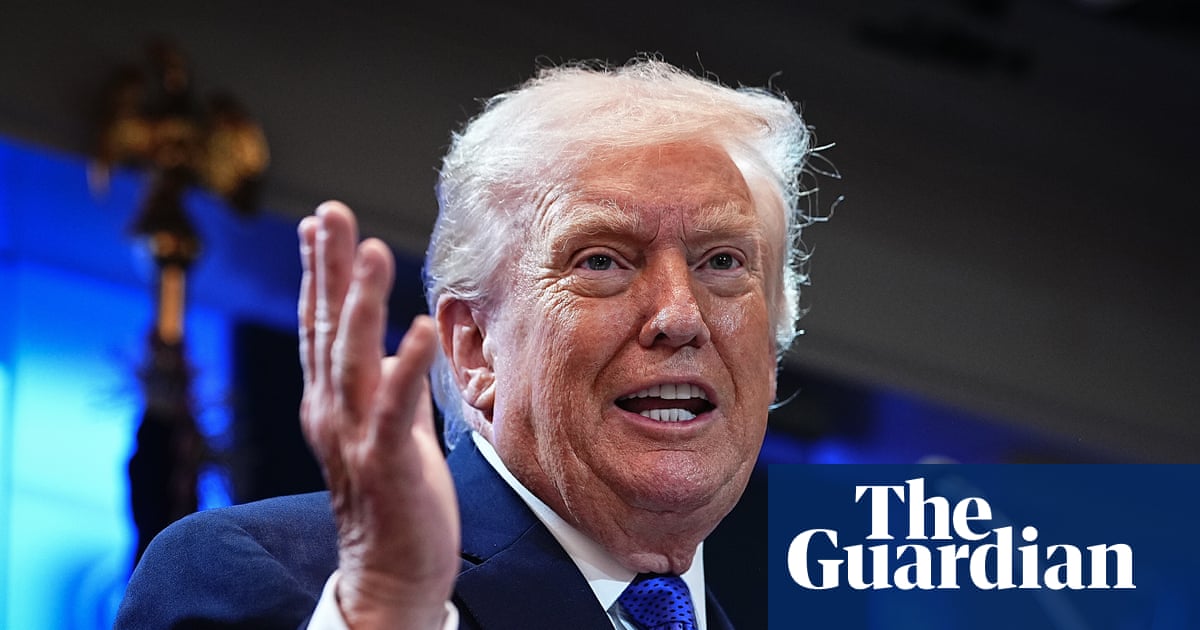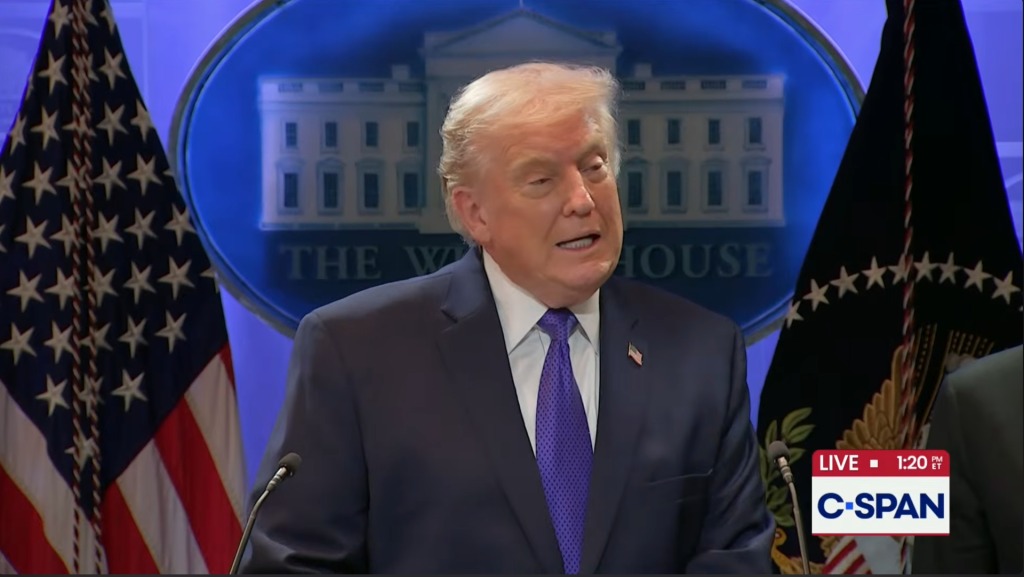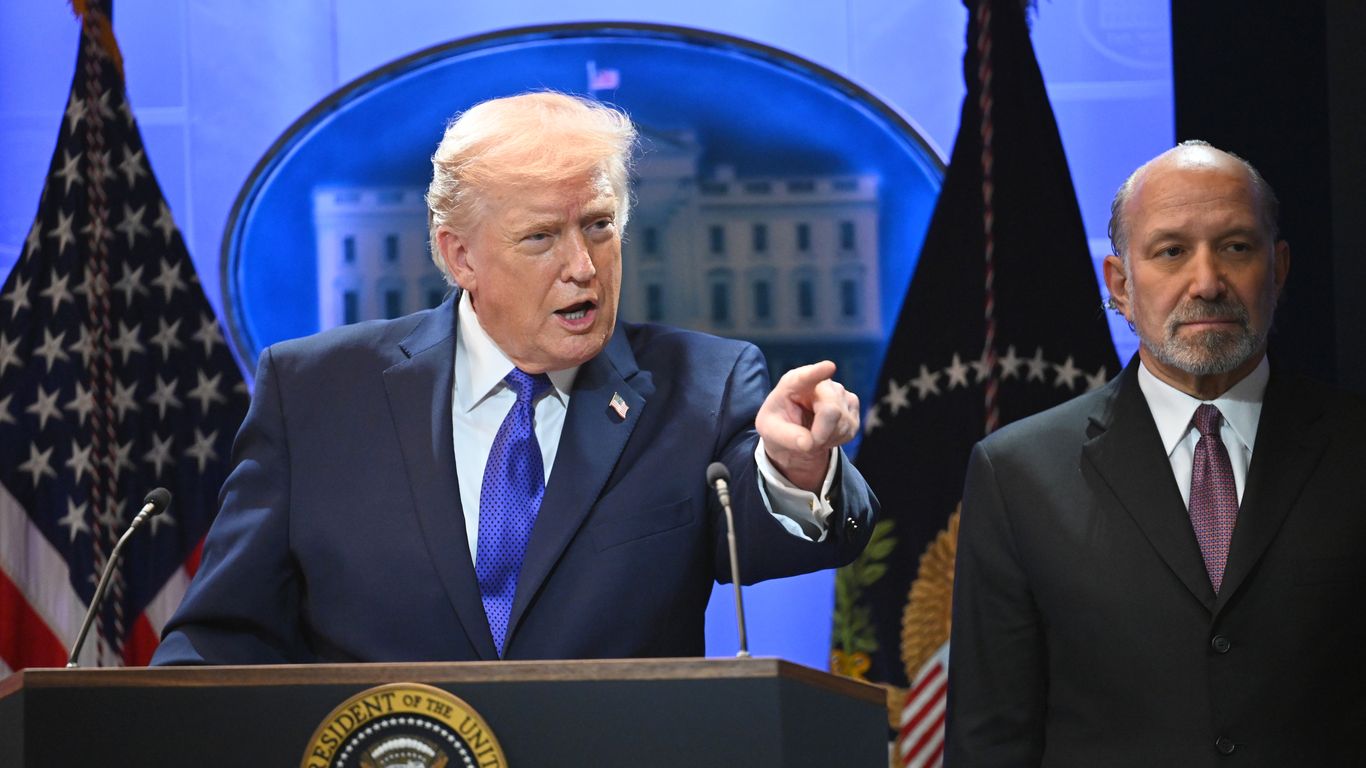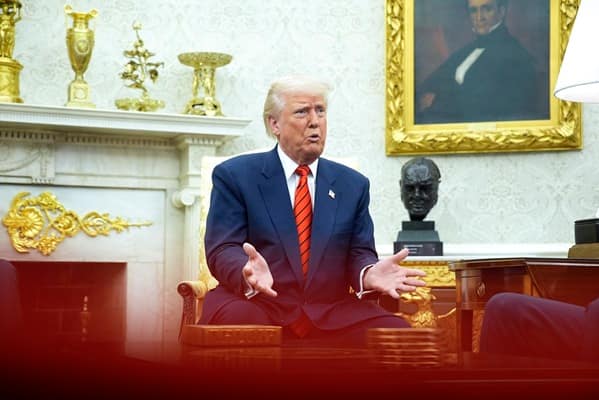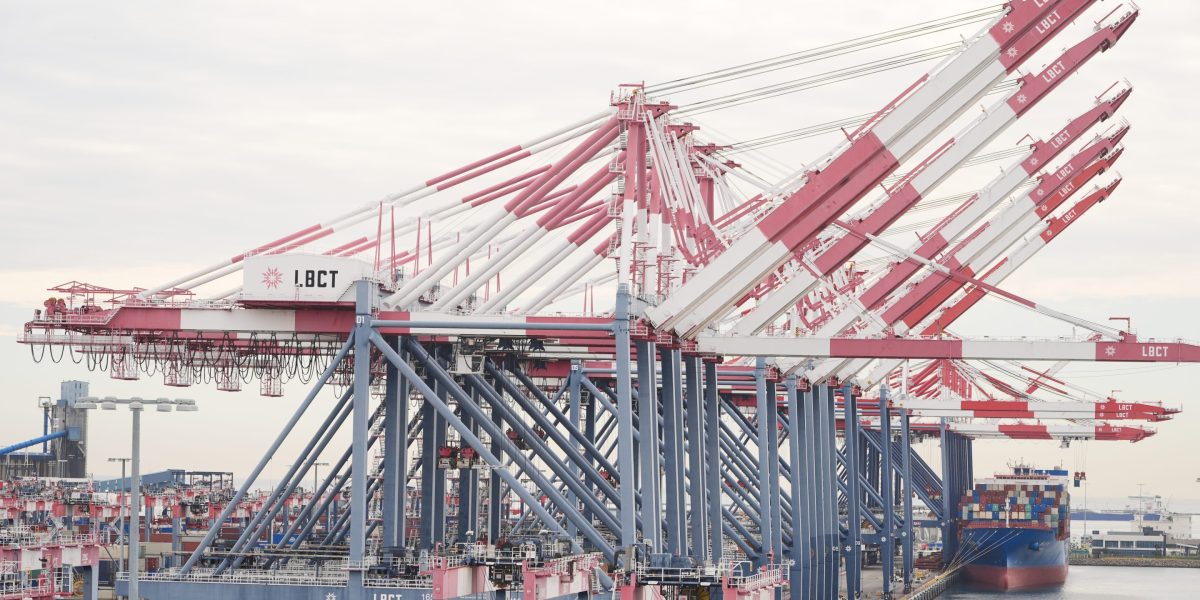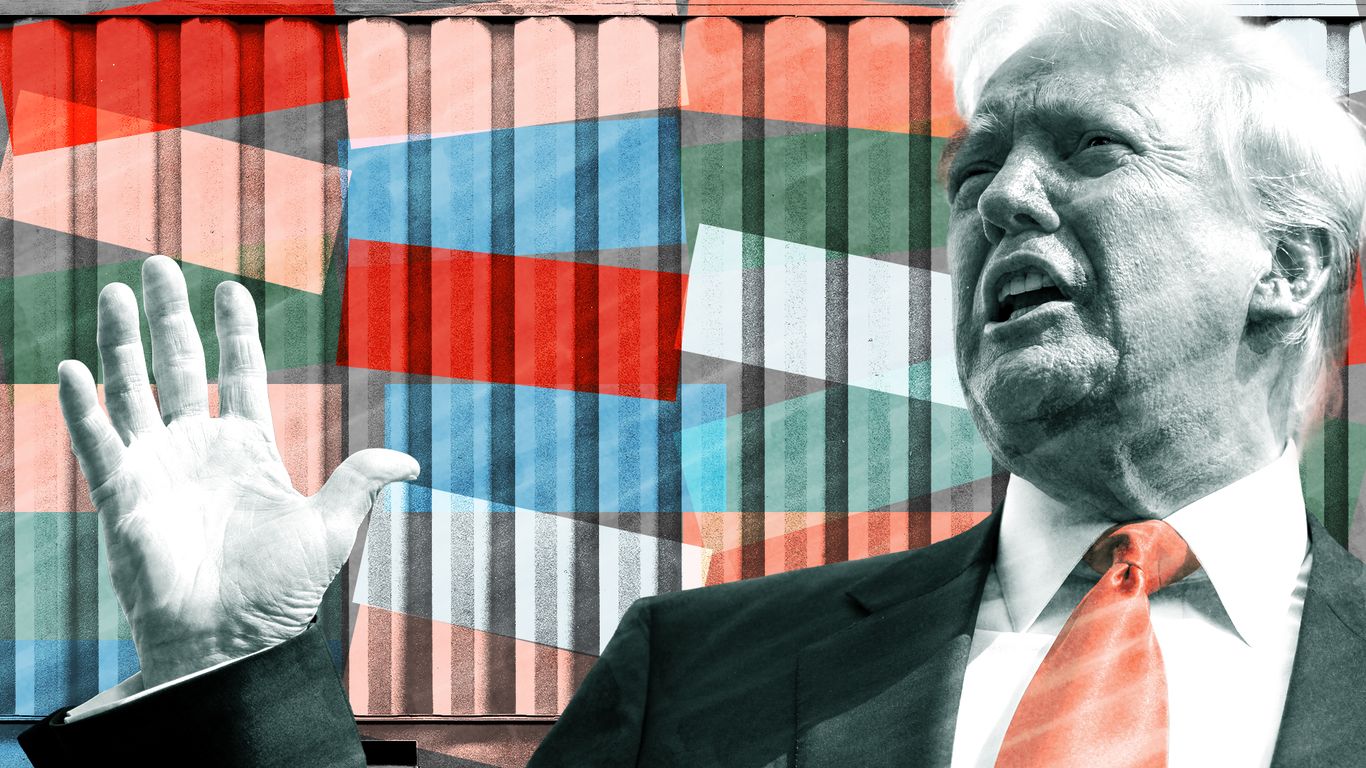#tariffs
#tariffs
[ follow ]
#supreme-court #trade-policy #ieepa #donald-trump #section-122 #refunds #trade-law #trump #supreme-court-ruling
#supreme-court
Intellectual property law
fromwww.npr.org
3 days agoLearning Resources CEO talks about SCOTUS decision on Trump's tariffs
Learning Resources CEO Rick Woldenberg successfully challenged Trump's tariffs in the Supreme Court, which ruled 6-3 to strike down many of the president's tariffs after the company's import costs increased dramatically.
fromFortune
4 days agoAmerica's $901 billion trade deficit is like 'chronically high cholesterol,' top economist says, and Trump's 150-day tariffs are the wrong medicine | Fortune
U.S. trade deficits are large and need to be brought down. Reducing U.S. fiscal deficits is important. At the same time, there is no doubt in the US ability to pay the world and therefore no crisis. The U.S. has run a trade deficit for most of the past 50 years, but has never had a fiscal crisis related to this imbalance because international investors have kept buying up U.S. assets throughout that period.
US politics
US politics
fromwww.mercurynews.com
4 days agoFact check: Trump makes false claims about the economy, elections and crime in State of the Union
Trump made numerous false and misleading claims in his State of the Union address, with the most frequent inaccuracies concerning the economy, including fabricated investment figures, overstated economic performance, and false tariff claims.
US politics
fromwww.mediaite.com
5 days agoMike Johnson Stands and Applauds After Trump Says Congressional Action Won't Be Necessary' on New Tariffs
Trump claims he will maintain tariffs through alternative legal mechanisms without Congressional approval, despite the Supreme Court striking down his previous tariff authority.
fromBusiness Matters
6 days agoBrompton shifts focus to China as US tariff turmoil dents confidence
"We decided the leadership was so unpredictable, anything could happen," he said, adding that tariff volatility made long-term commitments difficult. "If the tariff goes up to 25 per cent and we become uncompetitive, the whole store proposition is at risk," he said. "I'm not going to sign a five-year lease in this environment." His comments follow a US Supreme Court ruling that many of the tariffs introduced since 2024 were unlawful. However, the administration subsequently confirmed a temporary 10 per cent global tariff, later raised to 15 per cent, adding to market uncertainty.
Business
Business
from24/7 Wall St.
6 days agoHere Are Monday's Top Wall Street Analyst Research Calls: Alphabet, Blackrock, Deere & Co., DocuSign, General Mills, Monday.com, Nvidia, Workday, and More
Tariff uncertainty and a weak Q4 GDP pushed yields higher and boosted safe-haven commodities, while major indices closed higher despite futures opening lower.
fromFortune
1 week agoStocks sell off as traders wake up to the realization that Trump's new tariff options could be 'highly punitive' | Fortune
The dollar declined against foreign currencies, stocks in Asia and Europe broadly sold off, and S&P 500 futures were down 0.22% before the open in New York as investors began to realize that the fallout from the U.S. Supreme Court's tariff decision, and President Trump's reaction to it, is going to be more complex than traders initially thought. Goldman Sachs also reported that its in-house "Risk Appetite Indicator" had sunk back from its recent peak.
US politics
fromwww.aljazeera.com
1 week agoBrazil does not want a new Cold War', says President Lula
I want to tell the US President Donald Trump that we don't want a new Cold War. We don't want interference in any other country; we want all countries to be treated equally, Lula told a news conference at the end of his three-day trip to India on Sunday.
World news
US politics
fromwww.mediaite.com
1 week agoLet Me Speak!' House Republican Battles Dem Strategist Who Accused Him Of Being in the Tank for Trump
Rep. Mike Lawler defended his record against accusations of enabling Trump, citing policy pushback, a SALT tax cut for New York, and votes on fentanyl emergency and tariffs.
fromwww.independent.co.uk
1 week agoMinister fails to rule out retaliation over Trump tariffs
From reproductive rights to climate change to Big Tech, The Independent is on the ground when the story is developing. Whether it's investigating the financials of Elon Musk's pro-Trump PAC or producing our latest documentary, 'The A Word', which shines a light on the American women fighting for reproductive rights, we know how important it is to parse out the facts from the messaging.
US politics
fromwww.mediaite.com
1 week agoTrump Yanks Endorsement for Republican Lawmaker for Second Time Ever Over Lack of Support' for Tariffs
Based on a lack of support, in particular for the unbelievably successful TARIFFS imposed on Foreign Countries and Companies which has made America Richer, Stronger, Bigger, and Better than ever before, I am hereby WITHDRAWING my Endorsement of RINO Congressman Jeff Hurd, of Colorado's 3rd District, and fully Endorsing Highly Respected Patriot, Hope Scheppelman, to take his place in Congress.
US politics
fromBusiness Insider
1 week agoCorporate America's toughest job right now? Being a COO during the tariff whiplash
"Tariffs are written in DC, and they're felt in the COO's inbox," Jason Schloetzer, a professor at Georgetown's McDonough School of Business, told Business Insider. "It's kind of an impossible job."
US politics
[ Load more ]
